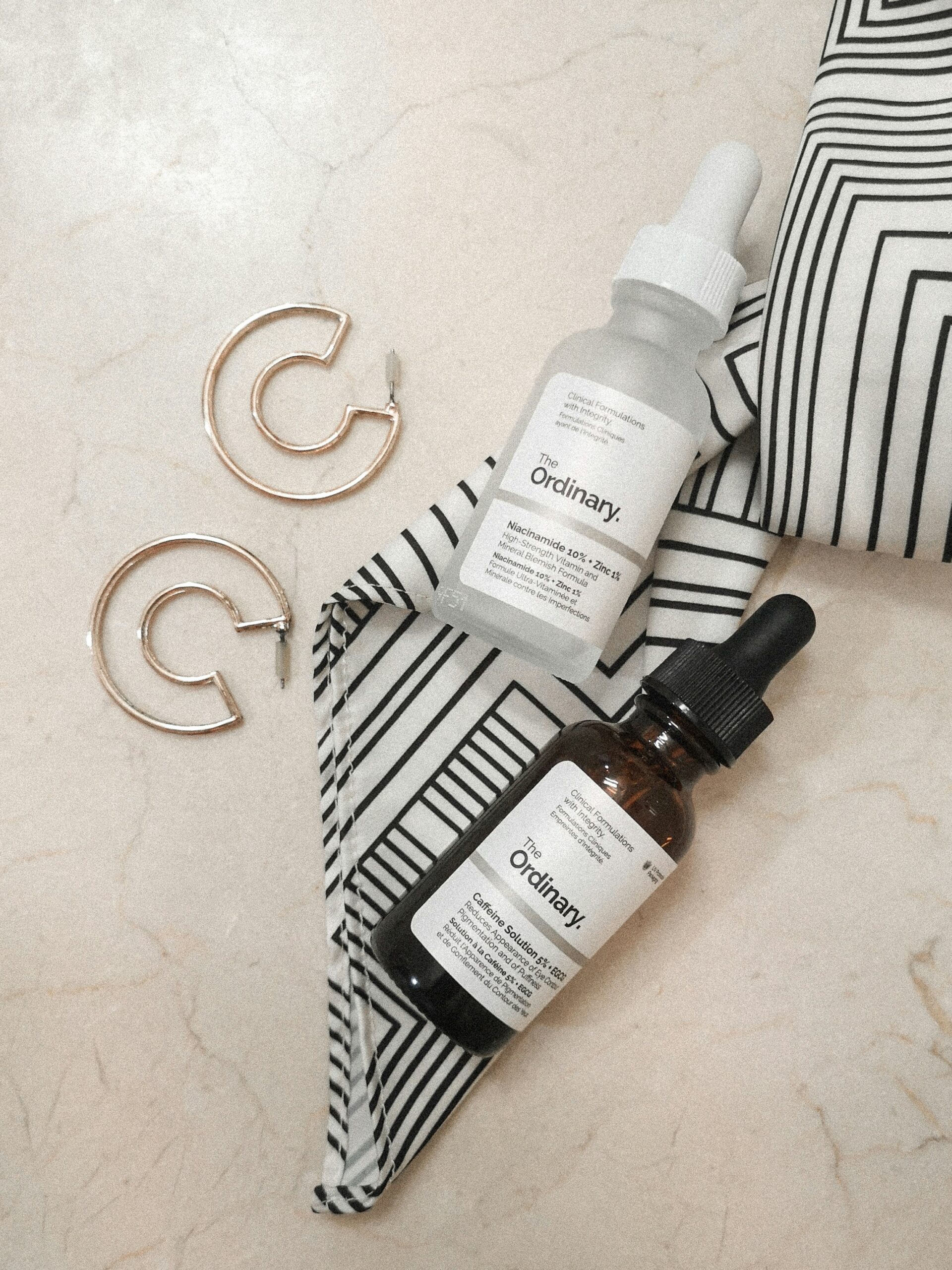Common Hyaluronic Acid and Efficacy Analysis
Hyaluronic acid (HA) has gained immense popularity in the skincare and cosmetic industries due to its remarkable hydrating properties and ability to enhance skin appearance. This article explores the different types of hyaluronic acid and their specific effects on the skin.
Small Molecular Weight Hyaluronic Acid
Small molecular weight hyaluronic acid typically has a molecular weight ranging from 10,000 to 20,000 daltons. Due to its smaller size, it can penetrate the skin more effectively compared to its larger counterparts, allowing for enhanced hydration at deeper skin layers.
Benefits:
- Deep Hydration: Small molecular weight HA can penetrate the epidermis, providing intense moisture and plumping the skin from within.
- Antioxidant Properties: This form of HA also exhibits antioxidant effects, which help combat free radicals and reduce oxidative stress.
- Anti-Inflammatory Effects: It can soothe the skin and reduce inflammation, making it beneficial for sensitive or acne-prone skin.
Cross-Linked Polymerized Hyaluronic Acid
Cross-linked polymerized hyaluronic acid is designed to create a barrier on the skin’s surface rather than penetrating deeply. This type of HA undergoes a process that links molecules together, resulting in a gel-like consistency.
Benefits:
- Water Retention: This HA forms a protective film that retains moisture on the skin’s surface, preventing transepidermal water loss.
- Filling Effect: The ultra-large molecular weight molecules physically fill fine lines and wrinkles, providing an immediate plumping effect.
- Long-Lasting Results: The cross-linking process increases the stability of HA, leading to prolonged effects compared to non-cross-linked forms.
Wrapped Hyaluronic Acid
Wrapped hyaluronic acid represents an innovative approach to enhance the delivery of larger molecular weight HA without the need for invasive methods like microneedling. This formulation encapsulates HA in a way that allows it to penetrate through the skin’s natural barriers.
Benefits:
- Enhanced Penetration: The encapsulated form of HA can deform and pass through the spaces between keratinocytes, allowing for deeper skin absorption.
- Long-Lasting Hydration: Due to its larger molecular size, wrapped HA provides extended hydration, improving skin texture and elasticity over time.
- Non-Invasive: This method can serve as a less invasive alternative to traditional injection techniques, making it an appealing option for those seeking rejuvenation without needles.
Modified and Compounded Hyaluronic Acid
To further enhance the efficacy of hyaluronic acid, scientists have developed modified versions that incorporate functional groups. One notable example is acetylated hyaluronic acid, which has undergone chemical modification to improve its properties.
Benefits:
- Improved Lipophilicity: The introduction of acetyl groups enhances the lipid affinity of HA, allowing it to better adhere to the skin’s surface.
- Prolonged Moisturization: This modification results in a longer-lasting moisturizing effect, contributing to a more hydrated and supple appearance.
- Versatile Applications: Modified HA can be used in various formulations, including serums, creams, and injectable fillers, expanding its utility in skin care.
Conclusion
Hyaluronic acid is a versatile ingredient that significantly improves skin hydration, texture, and overall appearance. Understanding the different forms of hyaluronic acid—small molecular weight, cross-linked, wrapped, and modified—allows consumers and manufacturers alike to make informed choices about skincare products. As research continues to advance, the potential of hyaluronic acid in cosmetic formulations will likely expand, offering even more innovative solutions for skin health and beauty.
I am Ellen, I have been specializing in the production of hyaluronic acid products for 18 years. If you have any questions about hyaluronic acid, please feel free to contact me.


